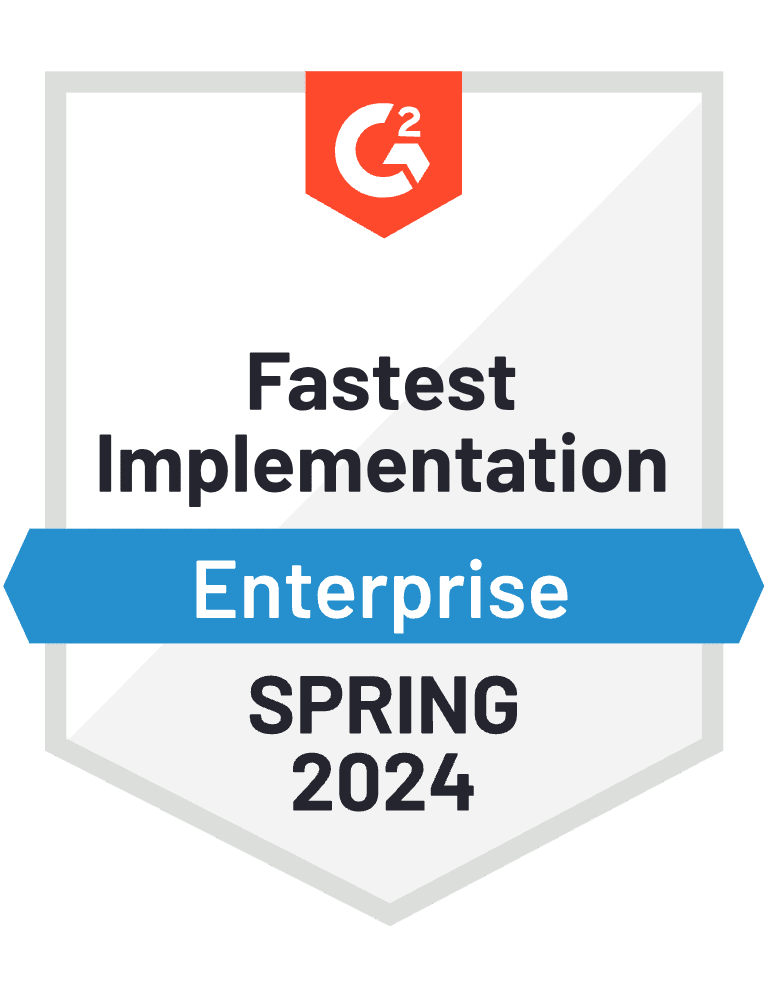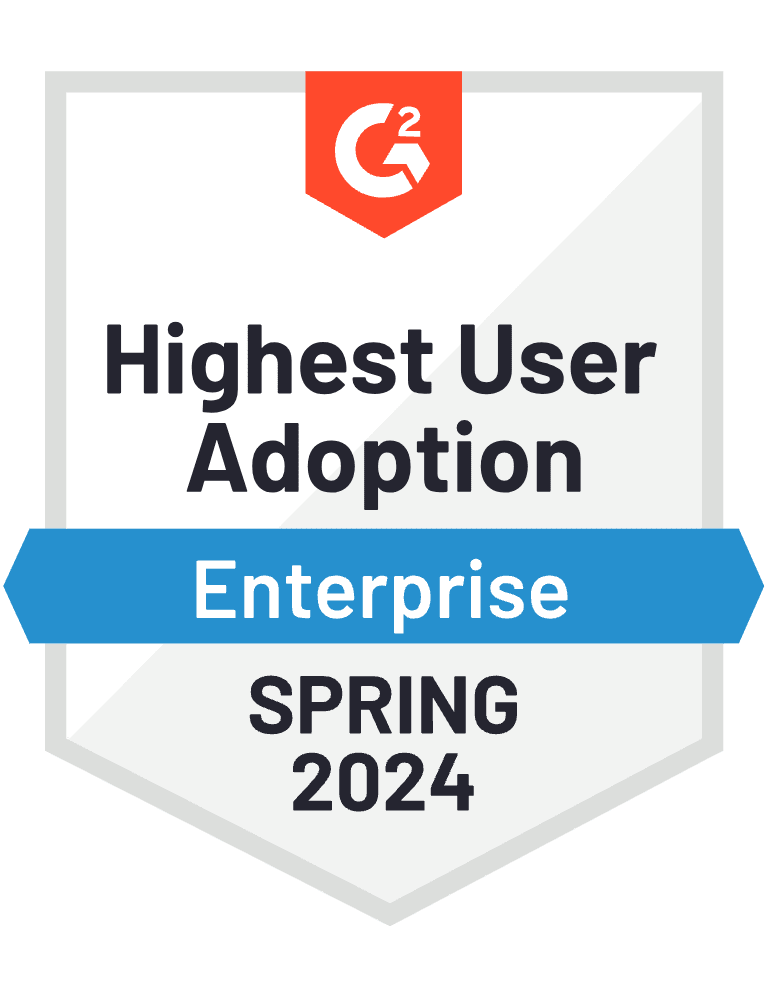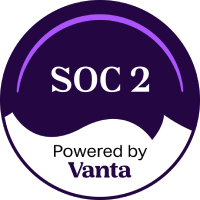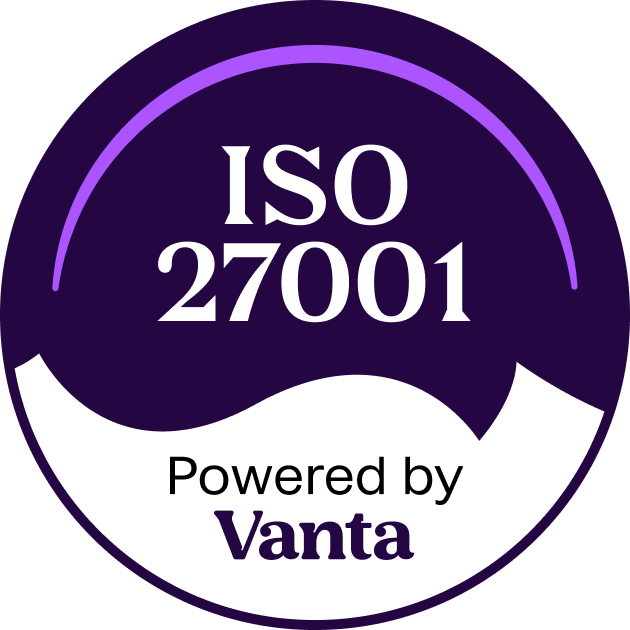Asset management firms operate in a crowded field. The ability to efficiently respond to Requests for Proposals (RFPs) can be a significant differentiator. As the industry evolves, technology is playing an increasingly crucial role in streamlining and enhancing the RFP process, and those who stay on top of the changes will come out on top.
Therefore, it is well worth exploring how asset management firms can leverage various technological solutions to improve their RFP management, ultimately leading to higher win rates and sustained business growth into the future.
The Importance of RFP Management in Asset Management
RFPs are a cornerstone of business development in the asset management industry. They serve as the primary method for institutional investors, pension funds, and other large entities to evaluate and select asset managers. These documents typically require detailed responses covering a wide range of topics, including investment strategies, performance history, risk management practices, and operational capabilities.
The entire response management process is often complex and resource-intensive, requiring input from various departments and meticulous attention to detail. For many firms, managing RFPs effectively can be challenging due to tight deadlines, the need for accurate and up-to-date information, and the requirement to tailor responses to each potential client’s specific needs. This is where technology can make a significant difference, offering solutions to streamline processes, improve accuracy, and enhance the overall quality of RFP responses.
Key Technologies for Effective RFP Management
Several technological solutions can significantly improve RFP management in asset management firms. Customer Relationship Management (CRM) systems serve as a central hub for managing client information, tracking RFP progress, and coordinating team efforts. These systems can integrate with other tools to provide a comprehensive view of the RFP process and client relationships.
Document management systems are crucial for organizing and quickly retrieving the vast amount of information required for RFP responses. These systems can store previous RFP responses, company and product information, compliance documents, and other critical data in a structured and easily searchable format.
Workflow automation tools can streamline the RFP process by automatically routing questions to the appropriate subject matter experts (SMEs), tracking progress, and sending reminders for upcoming deadlines. This ensures that all parts of the RFP are addressed efficiently and nothing falls through the cracks.
Data analytics and business intelligence tools can provide valuable insights into RFP trends, success rates, and areas for improvement. By analyzing historical data, firms can identify winning strategies and optimize their approach to future RFPs.
Artificial Intelligence (AI) and Machine Learning (ML) technologies are increasingly being applied to RFP management. These can range from natural language processing for analyzing RFP questions and suggesting relevant responses, to predictive analytics for estimating the likelihood of winning specific opportunities.
Implementing Technology in Your RFP Process
Implementing new technology into your process can be a challenge. You’ll need to take a strategic approach, and the best way to do that is to start by conducting a thorough assessment of your current RFP management process, identifying pain points and areas where technology could add the most value. This analysis will help you prioritize which technologies to adopt and in what order.
Once you’ve identified the most promising technologies, consider running pilot projects to test their effectiveness in your specific context. This allows you to fine-tune the implementation and gather feedback from users before rolling out the technology more broadly.
Integrating new tools with your existing systems is crucial for maximizing their effectiveness. For example, ensure that your chosen solutions can communicate with each other and with your current infrastructure. This might involve working with IT teams or external consultants to create a seamless technological ecosystem.
Remember that you are potentially committing to this change for the long haul. Building a comprehensive, centralized knowledge base is a critical step in leveraging technology for RFP management. This repository should include not just previous RFP responses, but also up-to-date product information, performance data, team bios, and other frequently requested information. The more robust and well-organized this knowledge base is, the more effective your technology solutions will be.
A solution that offers methods to segment your data is imperative. You’ll be spending so much time getting your knowledge base together, you want to make sure you can find what you need quickly and easily. You should be able to include custom libraries such as: company info, technology, compliance, and so on. You should be able to tag the content so it is easily found in a search. As an added bonus, if your content has numerical ids assigned, that is another way to quickly locate the information you need.
Finally, training your team on new technologies is essential for successful adoption. Provide comprehensive training sessions and ongoing support to ensure that all team members are comfortable using the new tools. Consider designating “power users” who can serve as internal resources for troubleshooting and best practices. See our blog on change management plans as a guide to introducing new software to your team.
Benefits of Technology-Driven RFP Management
The right technologies can yield numerous benefits for asset managers. One of the most significant advantages is increased efficiency. Automation of routine tasks, such as data gathering and initial draft creation, frees up your team to focus on high-value activities like strategy development and relationship building.
Response automation tools can parse your document for questions and match existing question and answer pairs, filling in responses for you. Tools that use generative AI are also important, as they compose answers for you where there isn’t an existing response already. These two features can give you a first draft in minutes.
Improved accuracy is another key benefit. By drawing from a centralized, regularly updated knowledge base, technology-driven RFP processes can significantly reduce errors and inconsistencies in responses. Plus, you avoid the back and forth with emails trying to get responses from SMEs. This is particularly valuable in the highly regulated asset management industry, where precision is paramount.
Technology enables better customization of RFP responses. Advanced systems can analyze client-specific requirements and preferences, allowing you to tailor responses more effectively to each potential client’s needs. This level of personalization can significantly improve your win rates by demonstrating a deep understanding of the client’s unique situation.
Faster turnaround times are a natural outcome of technology implementation. The ability to accelerate the RFP response process allows you to submit high-quality proposals more quickly, often beating competitors to the punch. Not to mention you can submit significantly more in the same amount of time. In the fast-paced world of asset management, this speed can be a significant differentiator.
Better resource allocation is achieved through data-driven insights. By using analytics to prioritize opportunities based on their likelihood of success, you can focus your efforts where they’re most likely to yield results. This strategic approach maximizes the return on your team’s time and effort.
Technology also facilitates better collaboration among team members. With cloud-based tools and centralized systems, team members can work together seamlessly, even if they’re in different locations or working remotely. This can be particularly valuable for large firms with distributed teams.

Challenges and Considerations To Keep In Mind
While technology offers significant advantages for RFP management, there are challenges to consider. Data security and compliance are paramount concerns, especially in the highly regulated asset management industry. Firms must ensure that any technology solutions they implement meet stringent security standards and comply with relevant regulations. When considering a tool, you want to ensure the systems they use do not expose or share your data.
Integration with existing systems can be complex and time-consuming. Ensuring smooth integration with current CRM, document management, and other relevant systems often requires careful planning and execution. It may necessitate updates to existing infrastructure or processes, which can be disruptive in the short term.
Maintaining the human touch is a delicate balance. While technology can greatly enhance efficiency and consistency, it’s crucial to avoid generic-sounding responses. Human oversight and input remain essential to inject creativity, empathy, and nuanced understanding into RFP responses.
Change management is often one of the most significant challenges. Implementing new technologies may face resistance from staff accustomed to traditional methods. Comprehensive training programs and clear communication about the benefits of new technologies can help overcome this resistance and ensure successful adoption.
Future Trends in RFP Management Technology
Looking ahead, we can expect to see continued innovation in RFP management technology. Artificial intelligence and machine learning are likely to play an increasingly significant role, with more sophisticated systems capable of generating highly nuanced and context-aware responses.
We may see greater integration of RFP management tools with other business systems, creating more comprehensive ecosystems that manage the entire client lifecycle. This could include everything from initial prospecting to ongoing client relationship management.
Advanced data visualization tools are another area of potential growth. We may see systems that can automatically generate compelling charts and graphs to support RFP responses, making complex data more accessible and impactful.
These tools could help firms not only respond to RFPs more effectively but also anticipate potential RFPs before they’re even issued, allowing for better preparation and resource allocation. It’s not hard to imagine this changing the industry as a whole over time.
How RocketDocs Will Transform Your Process
All told, technology has the potential to transform RFP management, offering significant improvements in efficiency, accuracy, and customization. RocketDocs and its industry-leading platform offers a powerful solution for asset managers, with a robust technology stack designed to address the unique challenges of RFP processes in this industry.
Our comprehensive platform integrates advanced document management, intelligent content reuse, AI-powered responses, and automated workflows. This allows asset managers to quickly access and deploy up-to-date information in tailored RFP responses.
RocketDocs’ analytics capabilities provide valuable insights into RFP performance, while our emphasis on compliance and version control ensures consistency and accuracy – crucial in the highly regulated asset management sector.
By leveraging solutions like RocketDocs, asset management firms can balance automation and personalization, addressing challenges such as data security and change management. This positions them to thrive in an ever-changing industry, fostering stronger client relationships and sustained success. Want to learn more? Schedule a free discovery call now.







